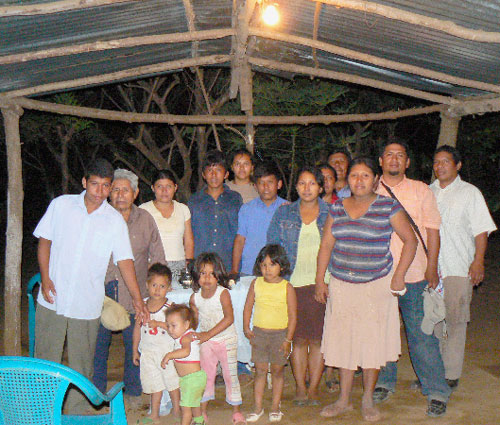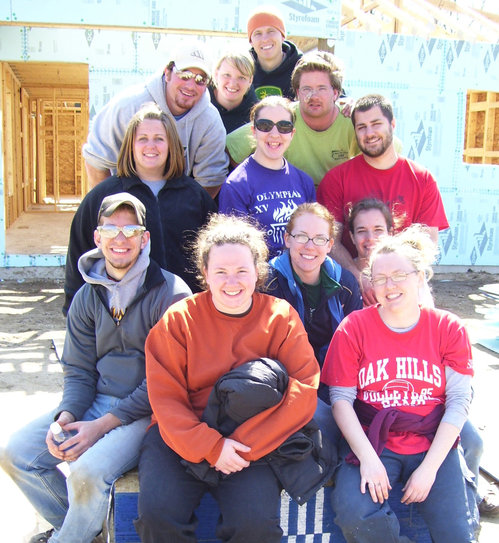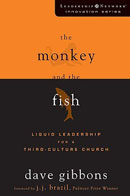13 Apr When is the Right Time to Have a Child?

My wife and I were both 23 years old when we had our first child. Some today believe that was pretty young, and no doubt it was. However, my kids are now having grandkids, and I’m glad I’ve got the strength and energy to enjoy them.
It seems the trend today is toward having children later in life. I suppose that helps explain why fertility clinics are doing so well. Some just seem to wait far too long. For some it may be a matter of completing their education, others a question of maturity, some just never think they can afford a child.
Planting churches is similar to having babies. Some wonder if it’s the right time, if they have enough resources, or if they should have a baby at all.
Our United Brethren churches in Latin America can’t follow that logic. They daughter churches at a pace that would frighten most people. The term “Octochurch” might even apply in some cases. Seemingly unconcerned about resources, timing or preparation, they simply gather believers in a new area and begin outreach. Once they begin having an impact, they build a simple shelter and before you know it, a new church has been organized. Within ten years or so, that church will probably give birth to a new church itself.
I admit, not all new churches succeed; up to one-half of all new church plants in Latin America fail. But they seem willing to tolerate a lot of failures on the road to success.
In the photograph is a group of believers who have assembled to plant one of two new churches in Managua, Nicaragua. During recent visits to Central America, I must have visited no less then 30 churches just like this one in Guatemala, Costa Rica, and Honduras.
Everyone in church planting and missions is agreed that the most effective way to saturate a region for Christ is through the multiplication of growing churches. So why doesn’t it happen more often.
What about you? Have you had a baby yet? What are you waiting for?






